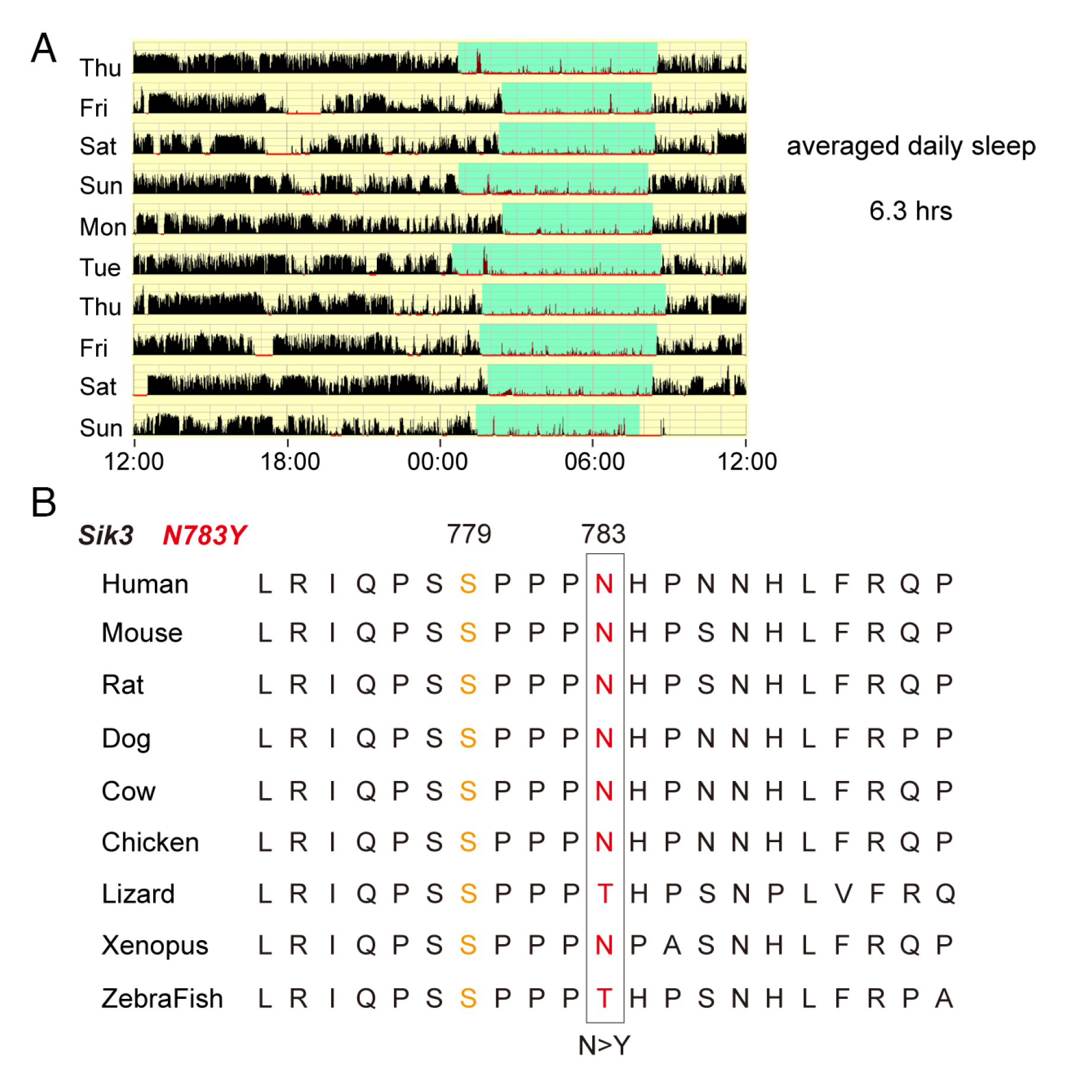A gene for short sleep duration
Having trouble sleeping? A new mutation has been discovered that allows people to feel well rested after as little as 4hrs of sleep!

If you're anything like me, you cherish your sleep!
And also, if you're anything like me, you feel like you can never get enough!
Between the tossing and turning and constant worrying about how everything can go wrong, I'm lucky if I get 6 hours of sleep every night.
But did you know that there are a number of genetic mutations that have been identified that allow people to feel well rested after only getting 4 hours of sleep?!
That's half the recommended dose!
And about 2 hours less than I normally get.
Some people (and mice) have all the luck!
They also likely have mutations in sleep related genes like DEC2, ADRB1, NPSR1, and GRM1.
Mutations in these genes have been shown to be associated with natural short sleep (nss) which allow for short sleep duration without all of the negative cognitive or physiological side effects associated with chronic sleep deprivation.
People with mutations in these genes do not crave more sleep and may even feel worse when oversleeping!
Now, researchers have identified yet another mutation in a gene called SIK3 (Salt-Inducible Kinase 3) which allows those who carry an N783Y mutation all of the benefits of a full night of sleep after only 4-ish hours.
This can be seen in the figure above which displays A) an actogram (activity diagram) of a person who carries this mutation highlighting their sleep duration in green and B) a conservation map of the SIK3 gene across vertebrates (animals with spines).
In mouse models harboring the SIK3 N783Y mutation, the researchers showed that homozygous animals exhibited significantly reduced sleep both under baseline conditions (31 minutes less) and during recovery after sleep deprivation (54 minutes less).
However, the phenotype was milder than in humans, which could just be related to some species specific differences in how SIK3 operates.
Functional assays further revealed that this mutation reduces kinase activity (addition of phosphate groups to other proteins) and that approximately 20% of synaptic phosphoproteins exhibited altered phosphorylation due to the N783Y mutation.
This implicates SIK3 in maintaining synaptic homeostasis (stabilizes neural circuits in your brain), a critical function during sleep.
This study also strengthens the case for SIK3 as an evolutionarily conserved sleep-promoting gene and supports the therapeutic potential of SIK3 as a target for treating sleep disorders.
